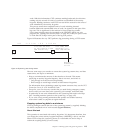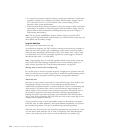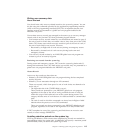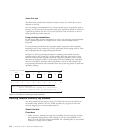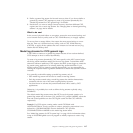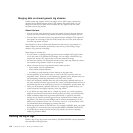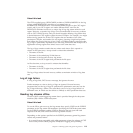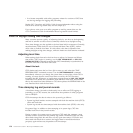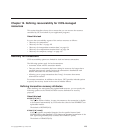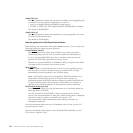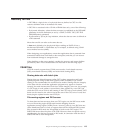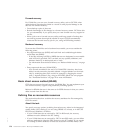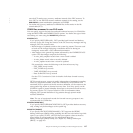Operating a recovery process that is independent of time-stamps in the system log
data ensures that CICS can restart successfully after an abnormal termination, even
if the failure occurs shortly after local time has been put back.
Offline utility program, DFHJUP
Changing the local time forward has no effect on the processing of system log
streams or general log streams by the CICS utility program, DFHJUP.
Changing local time backwards will not affect the operation of DFHJUP provided
you specify the GMT option on the SUBSYS parameter of the log stream DD
statement in the DFHJUP JCL.
However, if you use local time on the SUBSYS parameter to specify the
partitioning of a log stream for processing by DFHJUP, you must take steps to
ensure the chronological sequence of time-stamps when adjusting clocks
backwards. You can do this by stopping CICS regions until the new local time
passes the old time at which the change was made.
User- or vendor-written journal utilities and DFHJUP exit programs may also be
sensitive to local time changes. These should be checked to ensure that there are no
problems posed by backwards time changes.
Forward recovery utilities (but not CICS VSAM Recovery 2.3) may also be sensitive
to the time sequence of forward recovery log data. If you are not using CICSVR
2.3, check that your forward recovery utility can handle discontinuities in logged
records.
The only circumstances in which forward recovery is jeopardized, while using
CICSVR 2.3, are when you:
v Take a backup during the hour following the (local) time change (for example, at
01.30 after setting the time back from 02.00 to 01.00)
v Perform forward recovery using that backup with log records that span the time
change
v Specify local time instead of GMT to CICSVR.
If you use a backup taken earlier than the new local time, or if you specify GMT,
CICSVR handles forward recovery successfully.
Chapter 11. Defining system and general log streams 121



